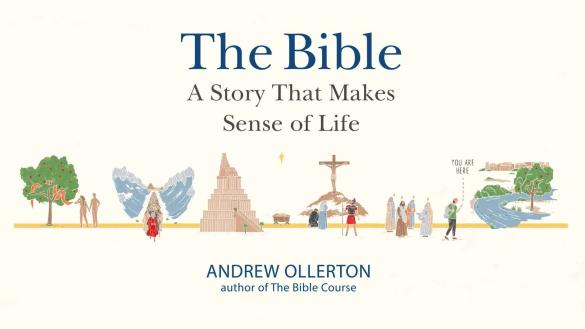The Bible, more than any other collection of ancient writings, has had a massive impact on western culture. From music and literature to law, and in countless other ways, the Bible continues to have an influence and impact today. Even trainers and sportswear worn all over the world by celebrities, sports superstars and enthusiasts can trace their origins and symbolism back to the statue of Nike (the Greek goddess of victory) in Ephesus.
I have fought the good fight, I have finished the race, I have kept the faith. Now there is in store for me the crown of righteousness.
2 Timothy 4.7–8 (NIV)
The marble relief of the winged Greek goddess Nike in Ephesus shows her holding a laurel wreath, ready to crown a victorious warrior. Sometimes she was also depicted with famous athletes. You can see why the wings of Nike inspired the creation of the ‘swoosh’ sports logo.
Nike was one of many deities, whom you could worship simultaneously. But the apostle Paul told his pagan converts to abandon their former gods. ‘So then, my dear friends,’ he writes, ‘keep away from the worship of idols’ (1 Corinthians 10.14). Christ was no add-on to Nike or Zeus. It was either him or them.
Following Jesus came at a cost. No wonder Paul uses Nike-type imagery as he likens faith to a battle and a race. Christ will reward those who valiantly fought against evil. Those who remained faithful to him until they reached life’s finishing line will receive a crown (or wreath) of righteousness.
Eliud Kipchoge became the first man in history to break the two-hour marathon mark in 2019. Behind the raucous celebrations were relentless training and meticulous planning and preparation. Everything from air pressure and temperature to diet and sleep were closely monitored and analysed so that Kipchoge would have the best chance of achieving the impossible. As he approached the finish line he broke into a massive smile and at that moment you could tell he felt it had all been worth it.
There is no wonder then that Paul draws on the athlete’s experience to frame what the Christian life is like. Paul says ‘everyone who competes in the games goes into strict training’ (1 Corinthians 9.25) and they do all that for a prize that ultimately will not last – yes, someone might even beat Kipchoge’s record! But the Christian runs ‘to get a crown that will last forever’. The crown? The moment when we see God at the finish line, when we're free from sin and welcomed into the life we were always made for. With that as the prize, every sacrifice, every difficulty, and every effort will have been worth it.
Read on, to find out more about Paul’s response to polytheism:
Subscribe to our Youtube channel to be updated on the latest videos!

An eight-session course helping you explore the world’s bestseller.

The Bible: A Story That Makes Sense of Life
What is the Bible and how is it relevant to me? This book is the perfect read for anyone asking those questions in the 21st century. The Bible: A Story That Makes Sense of Life helps readers see how the narratives and themes of the Bible connect to their own lives.